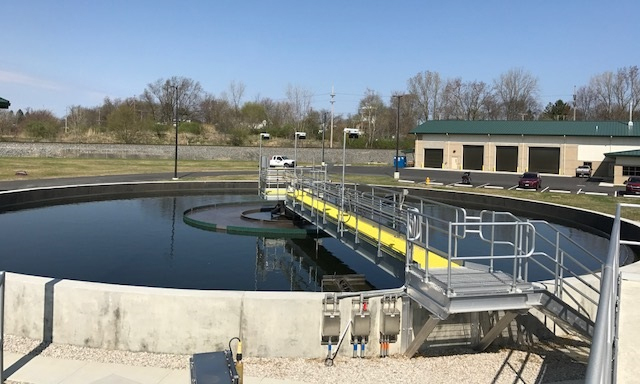Stormwater Coalition
The purpose of the Stormwater Coalition is to provide a forum for local governments to address drainage, erosion, stormwater pollution, and stormwater management regulations on a cooperative, watershed basis.
View the Stormwater Coalition Committee Page




